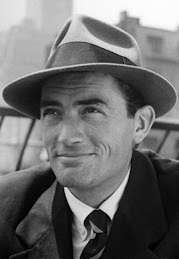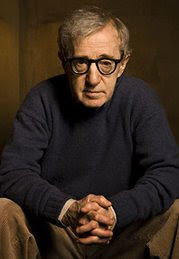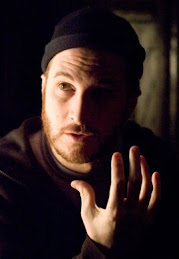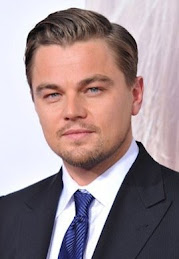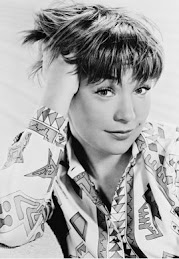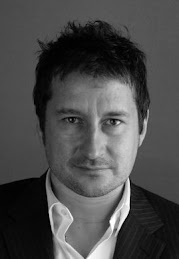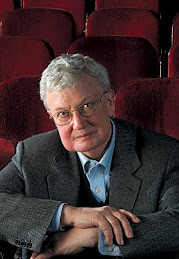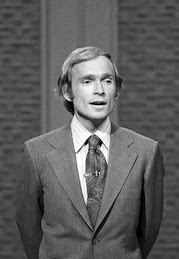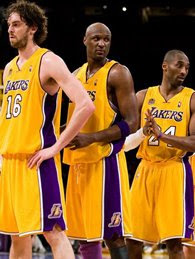I had a chance to catch an advance screening of Black Swan (2010) several months ago. I wasn't able to get in, but I did catch a peak of Darren Aronofsky just as he was about to enter. I was disappointed, until several weeks ago, when I had another opportunity to see the filmmaker in person. I had the pleasure of attending another screening of Black Swan, which was followed by a discussion with, Darren Aronofsky, the cinematographer, Matthew Libatique and the editor, Andrew Weisblum. Their discussion was followed by a screening of Pi (1998), from a brand new print of the film which looked spectacular.
I love listening to Darren Aronofsky talk and have arguably listened to every interview he has given. There was a comment from someone in the audience praising his work on The Fountain (2006), which is my favorite film of his. The discussion, however, mainly centered around Black Swan, including the performance of Natalie Portman. There was a question towards Matthew Libatique, asking if he has a "love affair" with Super 16mm, to which he replied that he loves shooting on film, period. I can't tell you how happy that makes me, as someone who prefers the look of film over digital, not to mention when a filmmaker and cinematographer take risks and shoot on a lower film stock. The evening concluded with the moderator asking Darren Aronofsky if he was in fact working on The Wolverine (2012), to which he laughed and joked, refusing to answer, as expected.
The entire audience rushed to Darren Aronofsky afterwards, demanding autographs and squeezing in on him. I don't really care for bothering such filmmakers, but I did want a simple acknowledgement. I went outside and stumbled upon Matthew Libatique, who left with the rest of us. I thanked him for coming, and he continued on and stood outside with everybody else, chatting about film. I did notice, however, that Darren Aronofsky was sitting in his car. I stood there, hoping to see him once more, and then, his chauffeur drove off right beside us. I immediately waved at him, hoping for a polite gesture back, and that's exactly what I received. Darren Aronofsky smiled and waved back. That's really everything for me, an aspiring filmmaker, who loves and appreciates his style.



